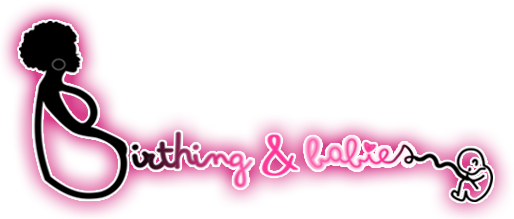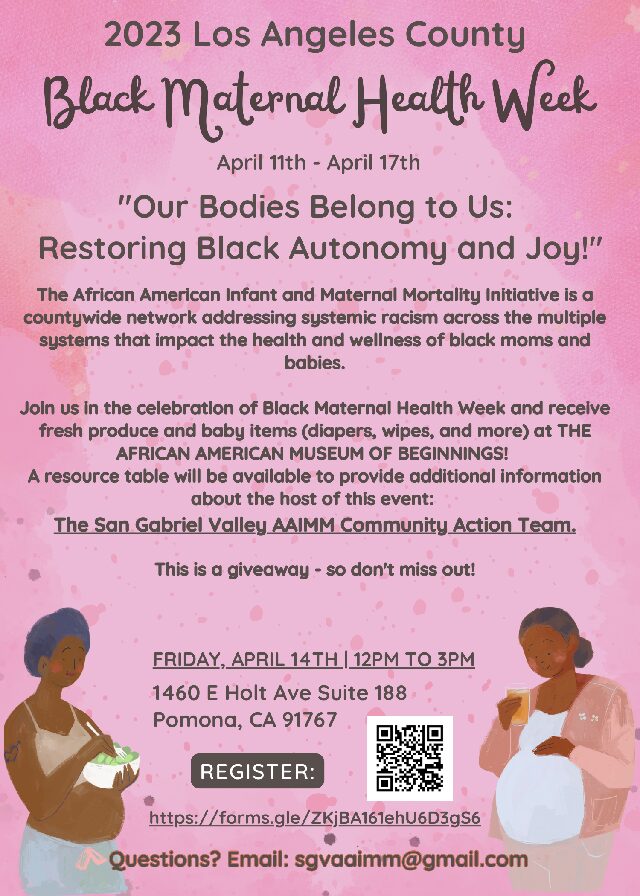
According to the United States Breastfeeding Committee, despite Congress passing the 2010 Break Time for Nursing Mothers law that allows nursing or breastfeeding moms to be allocated sufficient time to express their milk and in a private area, all mothers are not benefitting from the law. There are gaps in the law which do not explicitly state the stipulations of mothers accessing this additional time, which creates confusion between employers and mothers alike. With more than half of new mothers returning to the workforce before their baby is three months old and one in four returning before their baby is even two weeks old, the correct interpretation of this law is critical. According to a recent report from the University of California’s Center for WorkLife Law, the consequences of this coverage gap also include harassment, reduced wages, and job loss. Without ensuring that mothers are able to take advantage of this law nursing mothers are susceptible to serious health consequences, including risk of painful illness and infection, diminished milk supply, or inability to continue breastfeeding all due them not being able to express their milk in a timely fashion at work.
A 2019 article from Huffpost describes several instances were mothers were denied their right to express their milk privately. In 2014, one employee of Overlake Hospital in Bellevue, Washington was unable to pump her milk privately, with other co-workers barging in, being deducted pay for her pumping time, and being called/paged back to work too many times during a pumping session. Shortly thereafter she suffered from mastitis, which is a painful breast infection that can result from not expressing breast milk effectively or regularly. In 2017, another mother was forced to pump her milk in an open locker room which caused anxiety and thoughts of halting breastfeeding altogether. With interruptions and crude comments, she eventually moved to pumping in her car. In one labor department case, a nurse practitioner was ultimately fired after her employer complained about her pumping schedule. They demoted her job status and changed her hours from full-time to part-time work, which she refused. Investigators concluded she was ultimately owed $15,876 for retaliation and termination. In another example, a worker at a pancake house developed an infection due to not being able to express her milk on a timely basis but worried she would lose her job if she spoke up. A Walmart case in Carson City, Nevada uncovered a mother lost her lunch breaks after she started pumping; she also said she was told to clock out when she needed to pump, even though another nursing mother was allowed to do so on the clock. She was given places to pump without an outlet. The law was again violated when she was interrupted on several occasions by fellow employees and managers who even went so far as to hold meetings while she pumped in the training room, clearing violating the portion which states an employee is to have privacy while pumping. She was then given a manual pump, which did not stimulate the milk production she was accustomed to from the electric pump, workers rallied together to purchase formula they assumed she could not afford which subsequently made her baby sick. In the end, Walmart agreed to pay the woman $217 in back wages. And it continues, a McDonald’s worker was yelled at and ordered to return to work before she was done pumping, a Family Dollar worker asked for more time to pump and got demoted to part-time, a spa employee was required to sign a piece of paper agreeing that she wouldn’t take any more breaks. Her inability to pump caused her to leak milk from her breasts while she worked. One postal worker in Southern California wasn’t given enough breaks and had to sneak pumping sessions in the bathroom. Her breasts apparently hurt so badly that she pumped breast milk into the toilet to relieve the pressure. Lack of a clean, available space also led her to pump while seated on the locker room floor. Her supervisor gave her a seven-day suspension for taking too many breaks. These are just a few instances that were reported. Many go undocumented due to mothers fear of retaliation, losing her job, alienation from colleagues that must cover them while they break, or simply unaware of the laws. If you ask most mothers if they are aware of their breastfeeding rights in their respective states, they are unsure or cannot fully articulate them. Where do these mothers go for help? In December of 2018, the Center for WorkLife Law found that 27.6 million women of childbearing age lack basic protections for breastfeeding because of the definitions of the FLSA.
Studies have shown that supporting nursing mothers leads to lower employer health care costs, absenteeism, and turnover, as well as improved morale, job satisfaction, and productivity. With this being said, employers should be supportive of ensuring that the law is implemented, but that is seldom the case. Every major medical authority urges breastfeeding for at least the first 6 months of life and one year with complementary foods, as summarized by the USBC. According to the Surgeon General, breastfeeding protects babies from illnesses like ear, skin, and respiratory infections, diarrhea, and vomiting, as well as longer-term conditions such as obesity, type 1 and 2 diabetes, and asthma. Breastfeeding doesn’t just protect babies, it protects mothers as well lowering risks of breast cancer, heart disease, and other ailments.
Despite all the positive aspects of breastfeeding and the ability to express or pump milk at work, mother’s still struggle with their employers. The “PUMP” (providing urgent maternal protections) for Nursing Mothers Act aims to alleviate the disparities and ensure that mothers are allowed the time and space to sustain the life of their newborn child. The act would address three pressing points: closing the coverage gap of who falls under the law, providing employers clarity on when pumping time must be paid and when it may be unpaid, and providing remedies for nursing mothers whose rights have been violated. The coverage gap refers to the over 9 million mothers that were excluded from the act, which includes teachers, engineers, nurses, and several other professions. Although not intentional, the law was established under the FLSA section that oversees minimum wage and overtime and the categories of employees, a few were mentioned above, were excluded under FLSA due to it being created specifically with overtime exemptions in mind. The Break Time Law amends the Fair Labor Standards Act to require employers to provide “reasonable break time for an employee to express breast milk for her nursing child for 1 year after the child’s birth each time such employee has need to express the milk.” Employers must also provide “a place, other than a bathroom, that is shielded from view and free from intrusion from coworkers and the public, which may be used by an employee to express breast milk.” There is no logical reason why a certain set of mothers should be excluded from the Law and the PUMP Act intends to rectify this situation by ensuring that all employees are able to benefit from break time and privacy to express their milk.
When pumping time should be paid and unpaid is unclear in the Break Time Law, and the PUMP Act addresses the concern. Although the breaks taken under the law are typically unpaid, if an hourly worker is not actually relieved from duty while pumping, then she should be paid for her work during that time. Think of moms who work in their office while simultaneously pumping their milk. The USBC goes on to divulge the act will also specify continuance of existing protections preventing employers from withholding compensation from the salaries of employees who are exempt from receiving overtime.
If a violation of the Break Time Law occurs, there are no tangible remedies currently available to mothers. An employer can be ordered to pay the employee “the amount of their unpaid minimum wages,” but violations typically do not involve unpaid wages, and those wages are way less than the fees a mother will have to incur to actually bring her issue to court for judgment. In truth, the mother suffers from being denied the reasonable accommodations to pump and additionally faces negative health and financial concerns.
Even after the Break Time law, 60% of mothers are still unable to access break time and appropriate space as the law attempts to provide. With the PUMP Act, Congress can ensure that all employees are receiving adequate break time and space, employers are clear on when pumping time must be paid and when it may be unpaid, and ensure mothers are provided with actual remedies when their employer breaks these laws. The PUMP Act is a simple, bipartisan policy opportunity that can make a significant impact for mothers, babies, and families as a whole.


